
How is THCA Flower Made? It’s Not What You Think
THCA flower isn’t something that’s ‘made’—it’s a natural product grown from the cannabis plant.

Is THCA Legal? Here’s What You Need to Know
Is THCA legal in 2025? The short answer is yes—THCA is federally legal, but state laws vary, making the situation more nuanced. Thanks to the 2018 Farm Bill, hemp-derived products containing less than 0.3% Delta-9 THC by dry weight are federally legal, and that includes THCA. However, just because federal law permits it doesn’t mean the road is entirely clear—state laws can throw a wrench into the process.
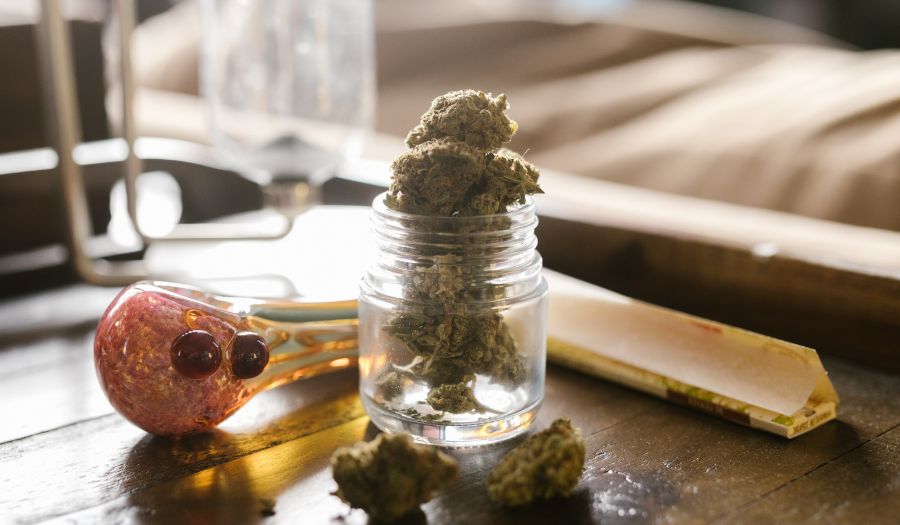
Under federal law, THCA is treated like any other hemp product. As long as the THCA flower or product complies with the 0.3% Delta-9 THC limit, it is lawful to sell, ship, and possess under federal guidelines. This isn’t a loophole; it’s simply a result of THCA not being explicitly prohibited. Federal law doesn’t leave room for ambiguity here—THCA products that meet the requirements are completely legal.
This opens up massive opportunities in states without medical or recreational marijuana programs. For example, people in conservative states like Texas or Tennessee can now access THCA flower or vapes legally, even though cannabis remains tightly restricted in those areas.

But—and this is a big “but”—state laws can override the federal framework. Some states like Idaho and Kansas outright ban anything resembling THC or THCA, regardless of its federal status. Other states have embraced THCA, with stores popping up even in conservative regions where cannabis laws remain strict.
In the United States, federal law holds significant weight. While states have the authority to enforce their own regulations, federal legality ensures that THCA remains legal nationwide. Although some states impose stricter restrictions, the enforcement of these laws isn’t always consistent. The 2018 Farm Bill marked a turning point, sparking a shift in public and media perception.
As attitudes evolve, THCA’s popularity is growing, even in states that have historically resisted cannabis reform. Thanks to its compliance with federal law, THCA is becoming increasingly accessible, even in regions where cannabis legalization has faced resistance.
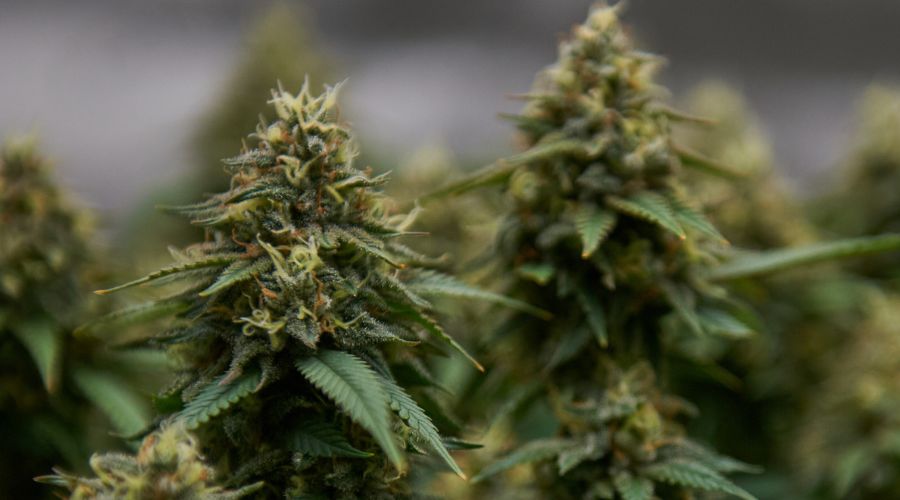
THCA’s appeal lies in its versatility. When heated, THCA converts to Delta-9 THC. This makes it especially valuable in states without access to medical or recreational marijuana programs. With THCA, people can legally enjoy the benefits of cannabis without needing a dispensary license or traveling to a legal state.
This isn’t just a win for consumers—it’s a shift in the cannabis landscape. The Farm Bill effectively democratized access to cannabis derivatives, and THCA has emerged as a game-changer in areas where cannabis was previously out of reach.
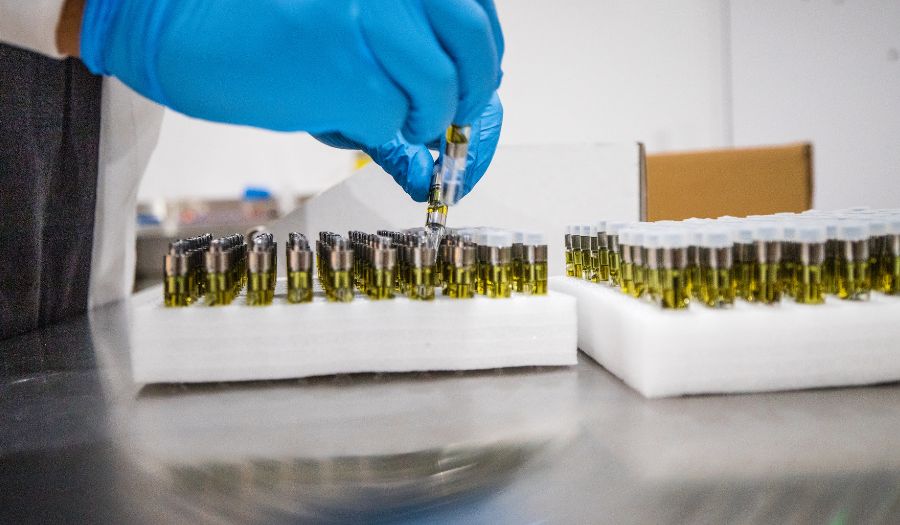
Yes, shipping THCA is federally legal, as long as the product adheres to the 2018 Farm Bill requirements. However, like possession and sales, shipping can get tricky when state laws conflict with federal ones. Here’s how to ensure smooth delivery:
Read our full blog on this topic: “Is THCA Legal to Ship?”
So, is THCA legal? Federally, absolutely. The Farm Bill created clear provisions for hemp products like THCA to be sold and shipped across the United States. Yes, state laws may complicate things, but we live in a country where federal laws hold weight, and THCA’s increasing availability—even in conservative states—shows just how much the cannabis landscape is evolving.
As more people discover THCA, it’s proving to be a viable option for those who want access to cannabis-like effects without navigating the complexities of marijuana programs. With THCA, the door to legal cannabis is wide open—even in places where it once seemed impossible.
Related:

THCA flower isn’t something that’s ‘made’—it’s a natural product grown from the cannabis plant.

The best THCA flower isn’t just about potency; it’s about the experience.

Whether you’re drawn to its striking appearance, bold aroma, or powerful effects, Cadillac Rainbow stands out as a true masterpiece in the world of cannabis.

THCA carts are growing in popularity for their potent effects and convenient vaping experience.
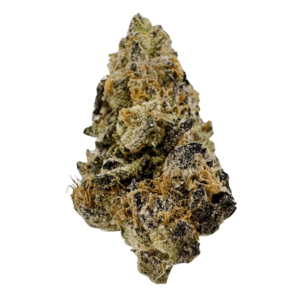
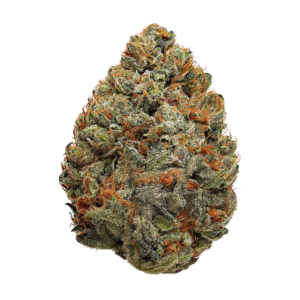
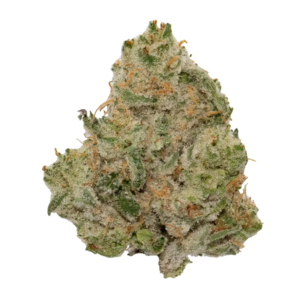
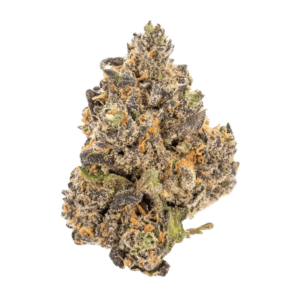
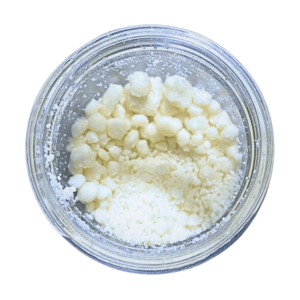
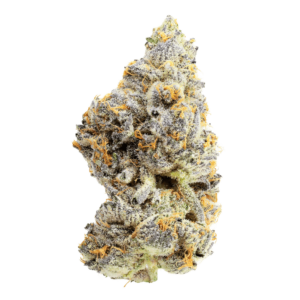
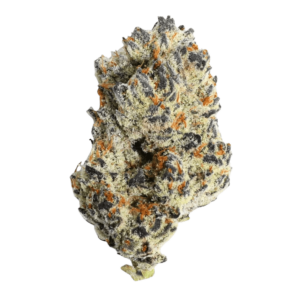
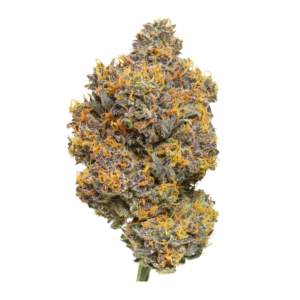
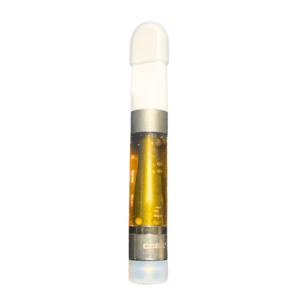
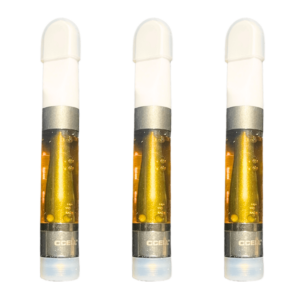
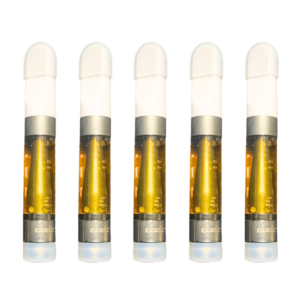
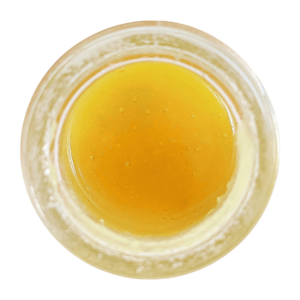
Please complete the steps below. 21+ Only. Thank you!
Unlock exclusive deals on everything Chronic Exotics.